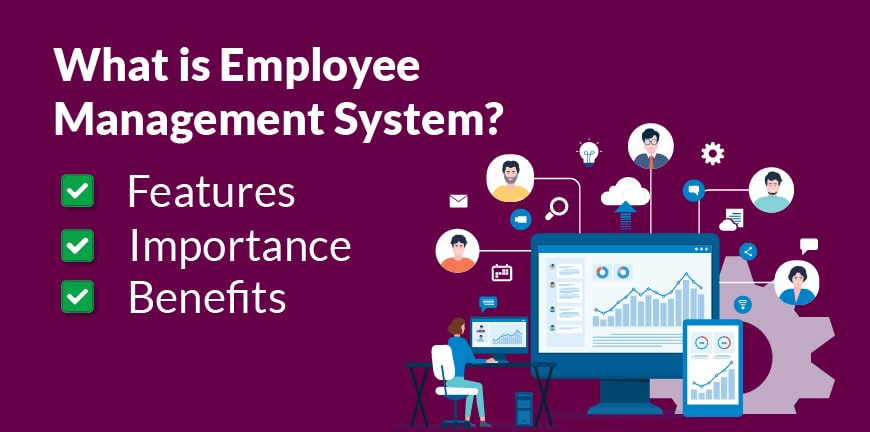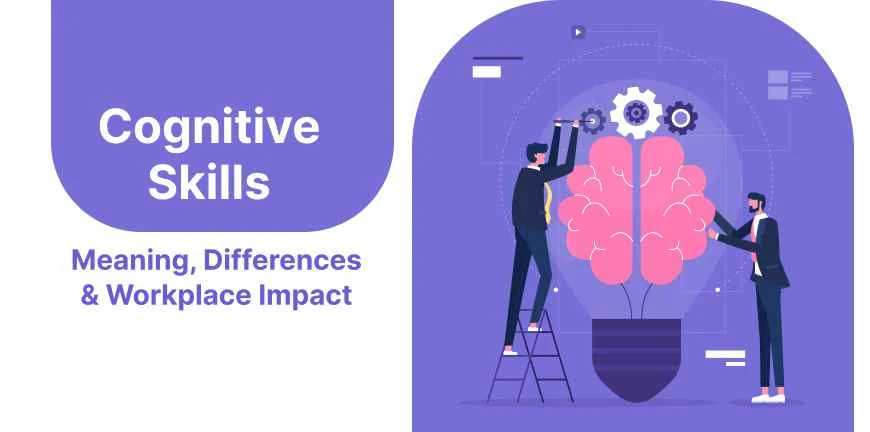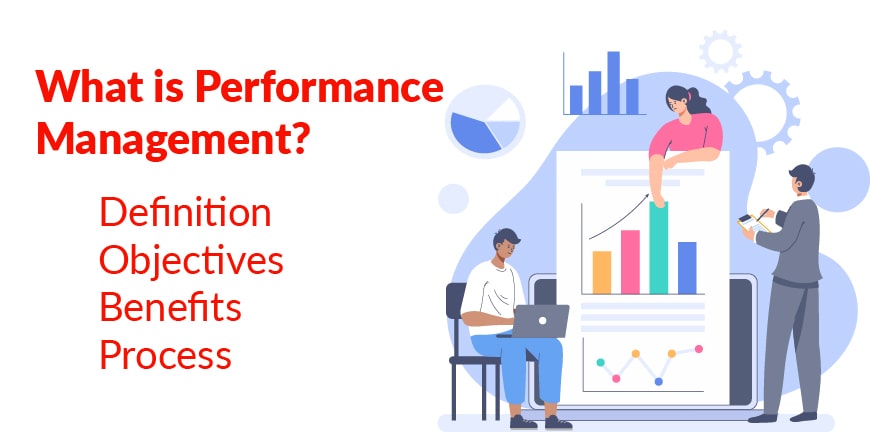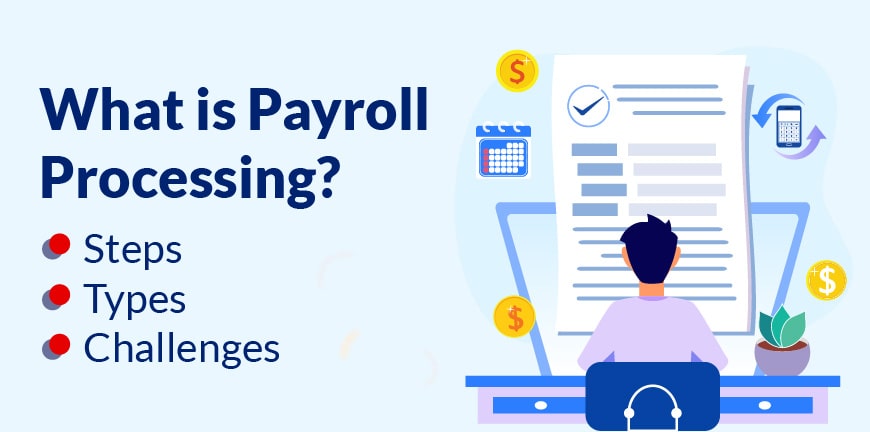
What is Payroll Processing? Steps, Types, Challenges
19/10/2023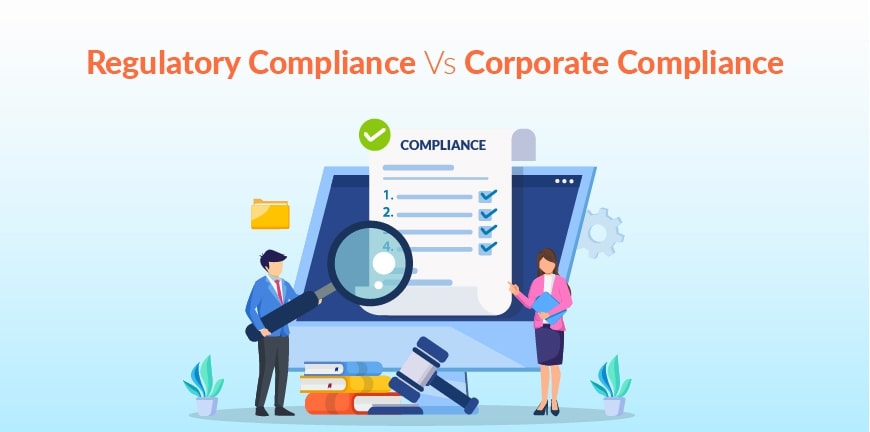
Regulatory Compliance VS Corporate Compliance
26/10/2023HR functions can get overwhelming, even with a large team. Streamlining or automating core HR functions helps improve the productivity of HR and allows them to focus on strategic activities and innovation a lot more, in turn impacting overall workforce management and employee productivity.
What is an employee management system?
An employee management system is technology (or software) that helps streamline HR functions to improve workforce management and productivity. It embraces several core functions of HR. In this article, we will explore the various functions of an employee management system.
Importance of employee management system
The main reason why an employee management system is so important is because employees are important. People, and not any kind of infrastructure, are your greatest asset. How well your business does depend on how you engage with your employees, manage their performance and payroll, understand their concerns, and reward them for their achievements. An employee management system will help you simplify this work for you, making your HR department the nucleus of the strategic development that happens in the organisation.
Features of an employee management system
- Resource scheduling – An employee management system can help allocate certain employees to certain tasks, including within the HR team itself.
- Online calendar planner – A calendar planner helps to allocate time to different activities and formalities for each employee on record.
- Timesheet management – This feature helps manage the timesheets of employees, complete with their daily login details.
- Employee time tracking – This feature helps track time daily for employees and how much of it was spent idle and how much was productive.
- Workload management and capacity planning – How can the responsibilities in a project be split among the employees and how can we do capacity planning?
- Employee utilization – Are any employees being underutilised? What is individual employee efficiency? These can be better answered by this component.
- Leave management/Absence management – This allows you a bird’s eye view of the leaves available to each employee and understand the utilisation and resolve any issues if any.
- Payroll management – This part of the employee management system helps manage the payroll of the employees and ensures that salaries are paid on time and accurately after deduction of taxes at source.
- Customizable reporting in select templates- Lastly, most employee management systems allow the generation of reports. These reports can be of different types and for different purposes – attendance, payroll, ticket management, compliance etc.
Benefits of an employee management system
1. Increase in employee engagement
An employee management system provides a self-service portal for employees where they can check their salary, leaves available and even the list of holidays and their performance over the last quarter. When employees are empowered in this manner, it increases employee engagement.
2. Streamlined communication
The employees also receive prompt replies from the HR about any concerns they may have. There is a strong well-established two-way channel for communication between the management and the employees, enabled by HR, because of the employee management system.
3. Reduction in errors
Since the daily activities are mostly automated and all the calculations for payroll and attendance are carried out by the software, the possibility of errors is very less. While the employee management system is not 100% accurate, it gets very close to that level of accuracy even over several million transactions.
4. Offers better data security
The data of each employee is safe and secure in the employee management system, thanks to its robust security and permissions which allow users to access only their data and provides admin access to only selected few. The two-factor or multi-factor authentication that is present in some employee management systems further enhance the data security and privacy.
5. Reduces HR a lot of team time
HR need not spend a lot of time managing routine work like attendance, leave approvals, payroll management etc. Even formalities for confirming employees are being done through a self-service portal these days. This helps HR reduce a lot of team time, allowing them time to focus on talent acquisition and strategic sourcing.
6. Keeps track of compliance
Employee management systems can also keep track of both regulatory as well as statutory compliance as well as internal compliance. Employees can raise a ticket in case of any violations. Another example is that of whether the implementation of national apprenticeship scheme is correct, and if all the provisions of the scheme have been adhered to.
7. Reduces employee turnover
The increase in employee engagement, streamlined communication and regular updates on performance which are made possible by an employee management system ensure that employees know exactly what is required of them on the job and this greatly reduces employee turnover.
How Alp can help
Managing employee data and services can be a chore especially in larger organisation and one that needs strategic intervention. Here is where outsourcing some or all the HR functions can bring great savings in time and effort. And when you want to manage these functions in-house, then you can rely on software that can streamline the functions for you.
Alp Consulting, with an experience of over two decades in HR consulting, has its own employee management system, aptly named e-manage. It manages timesheets, helps define leave policies, provides employee self-service functions such as download of payslips etc.
It even has a performance management system that helps monitor the employee’s progress at work, establishing a secure two-way communication between manager and employee. If you want an employee management system that can ease the workload of your HR team, talk to us today.
Contact Us For Business Enquiry

Rajkumar Shanmugam
Rajkumar Shanmugam is the Head of HR at ALP Consulting, bringing over 19 years of comprehensive HR leadership experience across India and international markets. His expertise spans talent acquisition, employee relations, performance management, compliance, and HR transformation. Rajkumar has a proven track record of driving people-centric initiatives, enhancing workplace culture, and aligning HR strategy with business goals. With extensive experience in US staffing operations and global mobility, he continues to lead organizational excellence through innovation and employee engagement.

